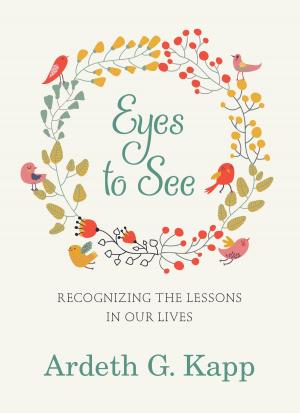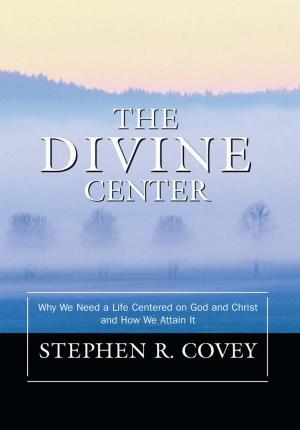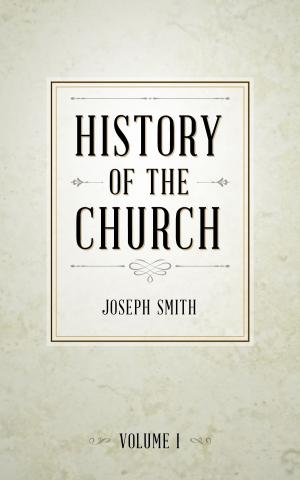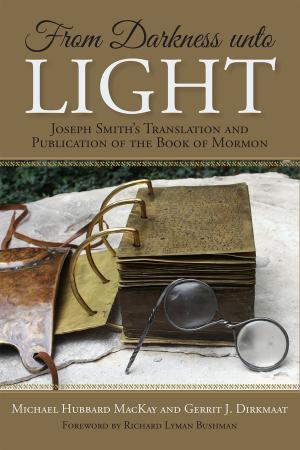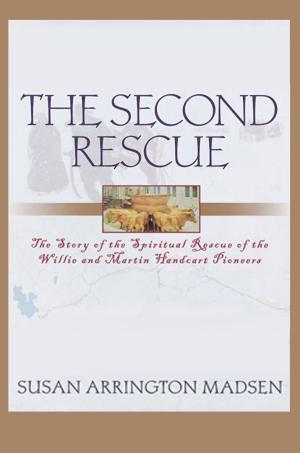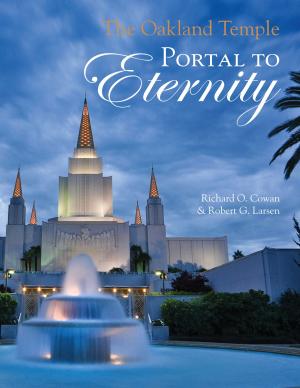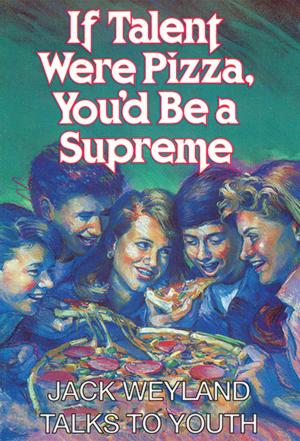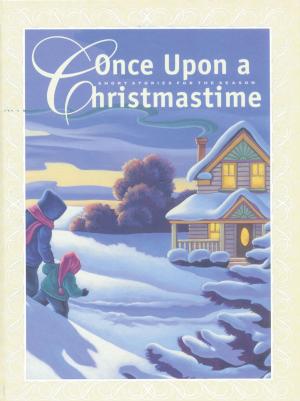Religion and Family Connection
Social Science Perspectives
Nonfiction, Religion & Spirituality, Christianity, Denominations, Mormonism| Author: | Thomas, Darwin L. | ISBN: | 9781609086534 |
| Publisher: | Deseret Book Company | Publication: | January 1, 1988 |
| Imprint: | Deseret Book | Language: | English |
| Author: | Thomas, Darwin L. |
| ISBN: | 9781609086534 |
| Publisher: | Deseret Book Company |
| Publication: | January 1, 1988 |
| Imprint: | Deseret Book |
| Language: | English |
After decades of neglect, religion is once again a topic of considerable import in the social sciences. This renewed interest has generated an awareness of the need to study involvement in and commitment to multiple social institutions simultaneously, such as religion and the family. In this volume, twenty-one prominent social scientists address the complex set of relationships that emerge between religion and the family. They show that increased knowledge of how religions and families influence each other sheds light on vaguely understood processes of social change and sharpens questions asked about the church and family influence on such things as marriage, divorce, abortion, birth control, children, sex roles, authority patterns, and belief systems.
The authors discuss the religion and family connection in a variety of settings: Catholic, Protestant, Jewish, Mormon, Amish, Ireland, and Middle-town, U.S.A., among others. This volume is a strong statement about the tremendous vitality and staying power of both religion and family. It shows that the dire predictions about the impending demise of both institutions that reverberated in the larger society from the 'fifties on could not have been further from the mark, and that apparently both religion and family are as alive and well as ever.
The studies of religion and family this book offers can make significant contributions by increasing our knowledge of (1) social change, (2) how the two institutions relate to a person's sense of well-being, (3) social-psychological dimensions of religion, (4) the role of spiritual influences in people's lives, (5) the role of presuppositions in the social scientists' work, and (6) how families are similar to and different from each other across religious denominations.
After decades of neglect, religion is once again a topic of considerable import in the social sciences. This renewed interest has generated an awareness of the need to study involvement in and commitment to multiple social institutions simultaneously, such as religion and the family. In this volume, twenty-one prominent social scientists address the complex set of relationships that emerge between religion and the family. They show that increased knowledge of how religions and families influence each other sheds light on vaguely understood processes of social change and sharpens questions asked about the church and family influence on such things as marriage, divorce, abortion, birth control, children, sex roles, authority patterns, and belief systems.
The authors discuss the religion and family connection in a variety of settings: Catholic, Protestant, Jewish, Mormon, Amish, Ireland, and Middle-town, U.S.A., among others. This volume is a strong statement about the tremendous vitality and staying power of both religion and family. It shows that the dire predictions about the impending demise of both institutions that reverberated in the larger society from the 'fifties on could not have been further from the mark, and that apparently both religion and family are as alive and well as ever.
The studies of religion and family this book offers can make significant contributions by increasing our knowledge of (1) social change, (2) how the two institutions relate to a person's sense of well-being, (3) social-psychological dimensions of religion, (4) the role of spiritual influences in people's lives, (5) the role of presuppositions in the social scientists' work, and (6) how families are similar to and different from each other across religious denominations.

